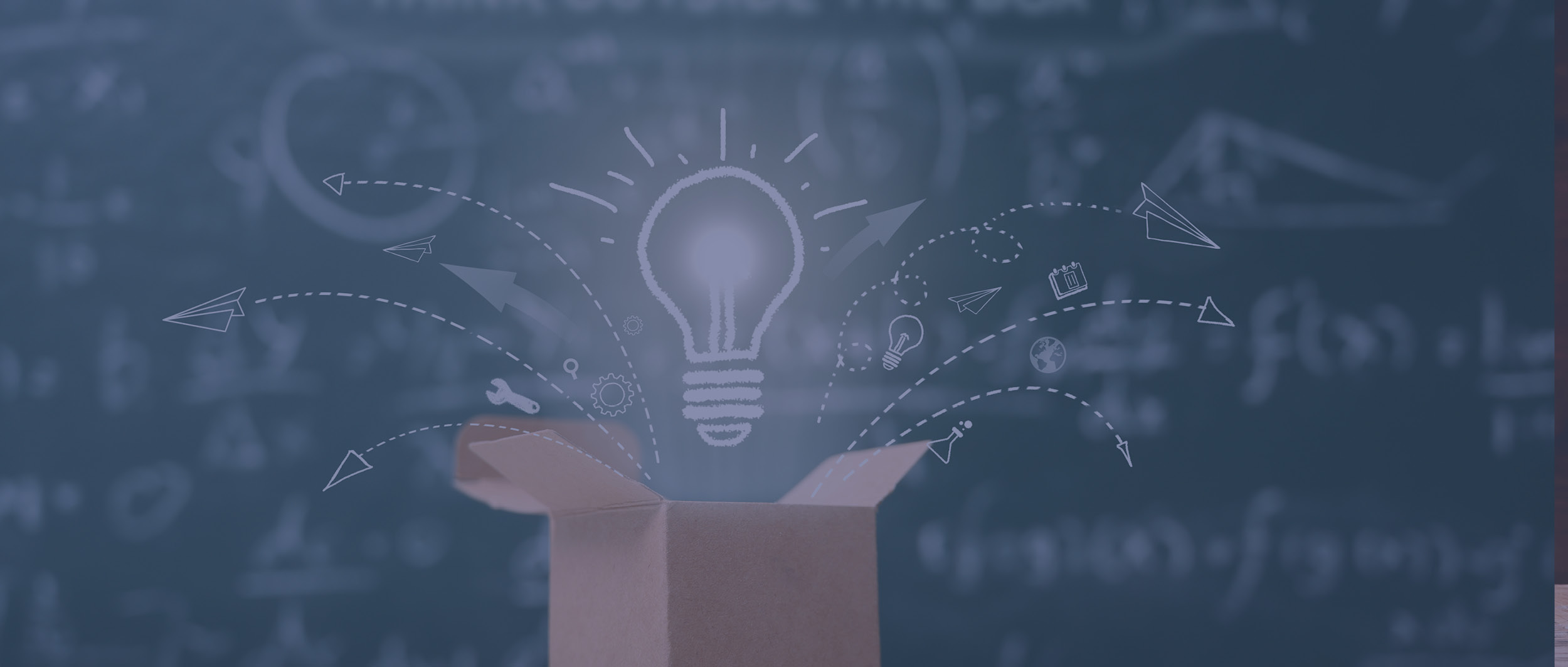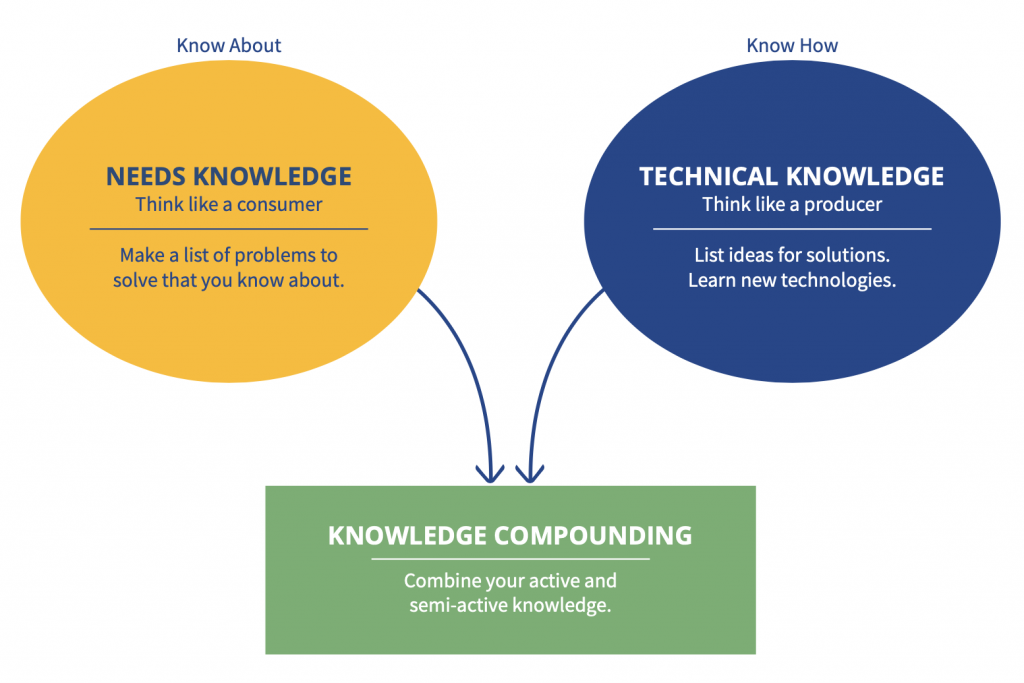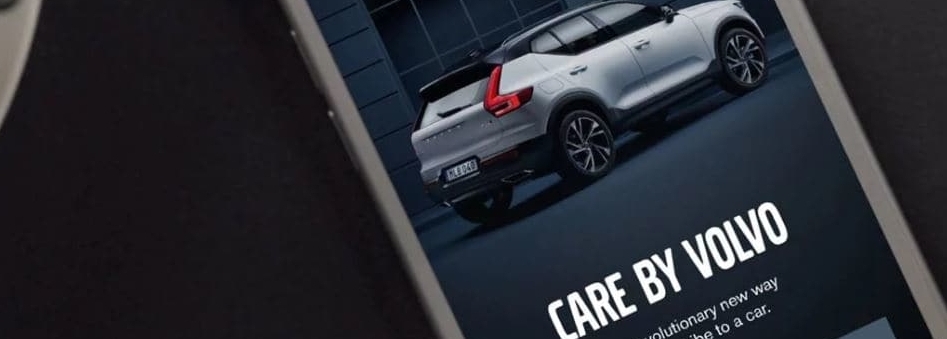69. Mark Packard’s Value Learning Process: The Two Kinds of Knowledge Entrepreneurs Must Have
Mark Packard has a big insight about how entrepreneurs manage innovation. Producers don’t innovate, customers do. That may sound a little odd, but Mark’s Value Learning Process makes it clear.
Key Takeaways and Actionable Insights
Innovation is one of the keys to business success.
The world is changing at such a pace, and your customers’ preferences are changing so fast, that your business has to change at the same speed, or even faster. How to keep up is a part of the entrepreneurial challenge.
Mark Packard has a big insight about how entrepreneurs manage innovation.
Producers don’t innovate. Customers do. That may sound a little odd, but Mark’s Value Learning Process makes it clear. Customers are always looking for new value. They’re always dissatisfied, seeking to make things better for themselves. They know what’s wrong or disappointing or less than perfect with their current experience. And they’re always looking for new solutions, better ways to do things, improved experiences. If you know how to interpret their behavior and their dissatisfactions, they’ll tell you what to do.
Then, as a producer, you need to figure out how to do what the customer wants.
Two kinds of knowledge and two kinds of thinking are essential.
Entrepreneurs need to know about what customers want. Then they need the know-how to deliver the solution. Mark calls these two kinds of knowledge: Needs Knowledge and Technical Knowledge. They require two different mindsets.
Mindset 1: Think like a customer.
If customers are the ones who innovate, entrepreneurs must be able to think like customers. Really think like them. Be dissatisfied. Demand better. We call the required entrepreneurial skillset “empathy”. It’s sentiment mirroring – your brain and sensory system has to be able to mirror those of the customer. You must feel the same feelings they do. It can be done. Practice it.
A big part of the economy is consumers innovating for themselves. Think like they do. Make a list of what’s most important to you. These are innovation opportunities that you know more about than anyone else. Think about how you’d like to improve your experiences in these areas. What features can you not do without? Why? Think like a customer. Start with your own problem in order to immerse yourself in the problems others want to solve.
Mindset 2: Think like a producer.
You love your customers. You want to please them. Develop the technical knowledge to do so. This doesn’t necessarily mean high technology. If you want them, for example, to enjoy a new kind of convenience grocery store with an organic food emphasis and lots of innovative food-to-go options, you need to know store operations, supply chain logistics, inventory management, and flexible / adaptive hiring practices. You need mastery of technical knowledge.
And while you don’t need to be a programmer, you do need knowledge of the latest technologies from a producer’s viewpoint: how do these technologies help you to deliver a better, faster, lower cost customer experience. Geeking out on these technologies is a good idea for producers.
Knowledge Compounding.
Many innovative solutions come from combining two existing pieces of knowledge. Combining needs knowledge and technical knowledge can produce a new solution to the market. Mark also talks about combining active knowledge — what we know about that’s prominent in our mind — with semi-active knowledge — what we know about that we don’t use every day or is stored away deeper in our memory that’s hidden by our recency bias.
These and other knowledge combinations can generate big ideas. In fact, Curt Carlson in episode #37 told us that combining knowledge is not just additive, it’s multiplicative. Knowledge compounds when we combine it, leading to faster innovative progress. Utilizing Mark Packard’s knowledge combination techniques is the way to get there.
Free Downloads & Extras
The Two Kinds of Knowledge Entrepreneurs Must Have: Our Free E4E Knowledge Graphic
Understanding The Mind of The Customer: Our Free E-Book
Start Your Own Entrepreneurial Journey
Ready to put Austrian Economics knowledge from the podcast to work for your business? Start your own entrepreneurial journey.









Leave a Reply
Want to join the discussion?Feel free to contribute!